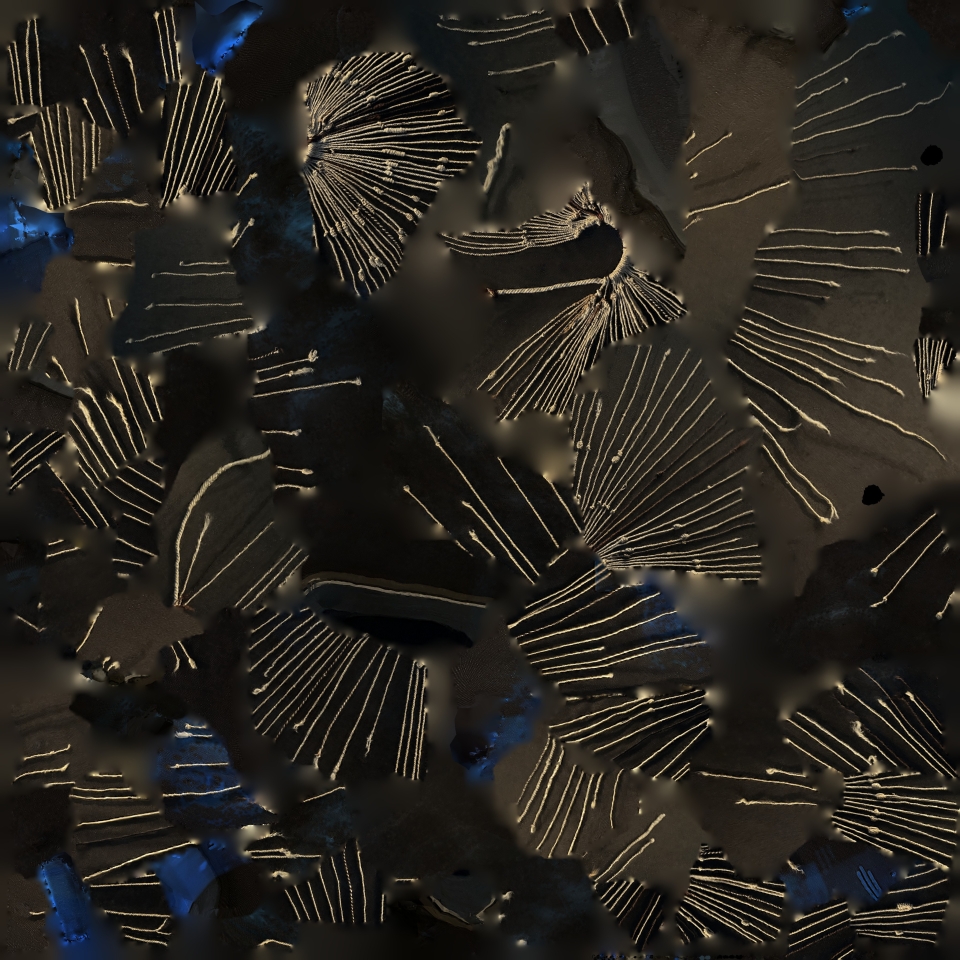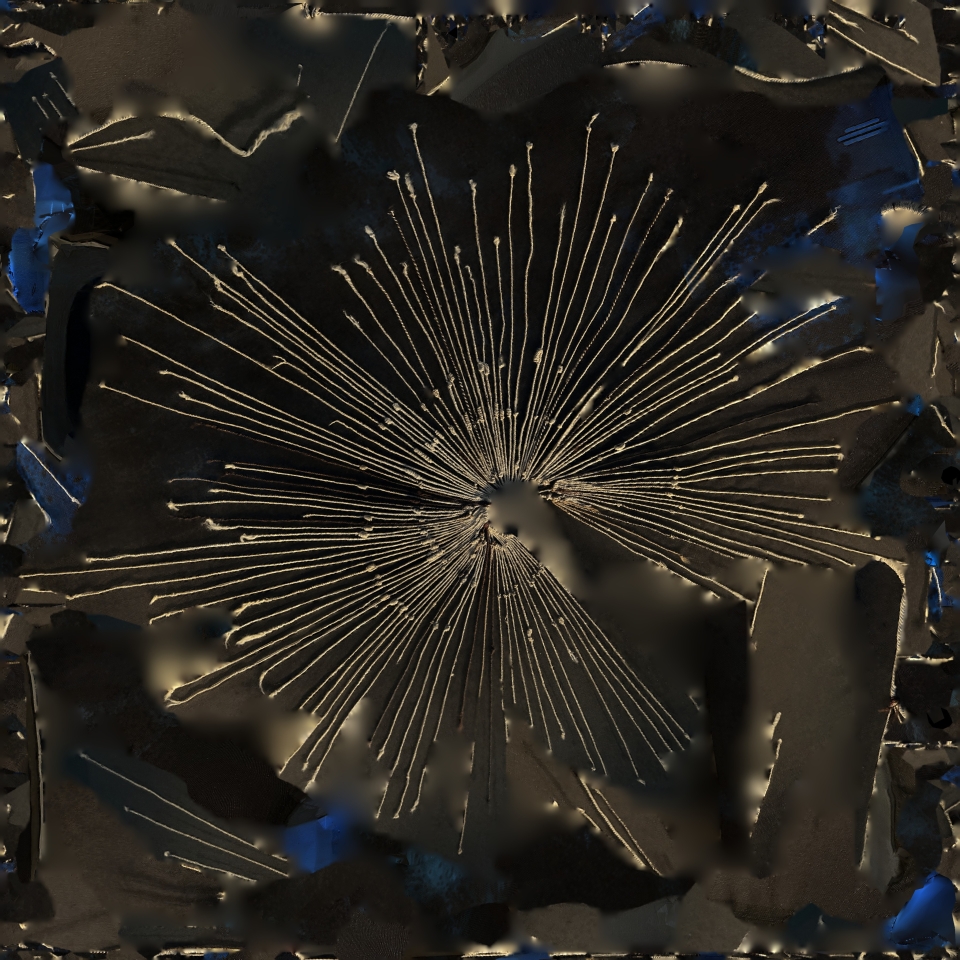Computational Compost
A Talk with Marina Otero Verzier
05.04.2024, 19:30
Join us on 5 April at Rib for a talk by Marina Otero Verzier. The event will be moderated by Merve Bedir and Maziar Afrassiabi.
Computational Compost addresses the environmental impact of data storage and proposes a synergy between technology and ecology. Through metabolic processes, it connects the sheer computational energy required to decipher the mysteries of life’s origin with the terrestrial processes that renew it. As supercomputers simulate the universe’s genesis and expansion, the heat they generate leads to irreversible changes, affecting organic life through cycles of composition and decomposition. These processes intertwine vast cosmic timelines with computational and earthly dynamics, positioning data storage architectures beyond a human-centric perspective. Computational Compost project invites a reconsideration of the relationship between data storage and collective memory, addressing the compulsive desires for more data and energy that lead the current economy and highlighting the urgency of critically rethinking narratives of the digital future.
— Marina Otero Verzier
Our perception of the digital realm often resembles a nebulous cloud, seemingly ethereal and devoid of physical presence. Marina Otero Verzier’s project Computational Compost not only invites us to question the physical spaces related to the digital realm in context of our desire for more data and energy, but also, from Rib’s perspective, infrastructures of art as something inherently unstable, a coping mechanism and a defensive structure that sustains an image of impossibility. Considering infrastructure as a site of change transforms it into a means without end, a pure revelation. We also think of Rib, then, not as an infrastructure of representation but of creation and change.
Marina Otero Verzier is an architect, researcher, and educator specializing in the relationship between architecture and digital infrastructure, notably focusing on lithium resources. She’s a visiting professor at Columbia University, won the Harvard Wheelwright Prize in 2022, and curated exhibitions at prestigious venues like the Venice Architecture Biennale. Otero Verzier has co-edited several publications and holds degrees from TU Delft, ETSA Madrid, and Columbia GSAPP.
Merve Bedir investigates infrastructures of hospitality and mobility, human and non-human relations with respect to ecology and cybernetics, voluntary and forced migration. Co-founder of Aformal Academy (an experimental school program in the Pearl River Delta region), of Mutfak خبطم Workshop (Gaziantep), of the Center for Spatial Justice in Istanbul. She has taught at Hong Kong University, Columbia GSAPP and TUDelft and has presented her work at various locations, including the Smithsonian Design Museum (2022), Saõ Paulo Architecture, Venice Architecture Biennales. Until 2025 she is a researcher at Common Ground in Merwede.






